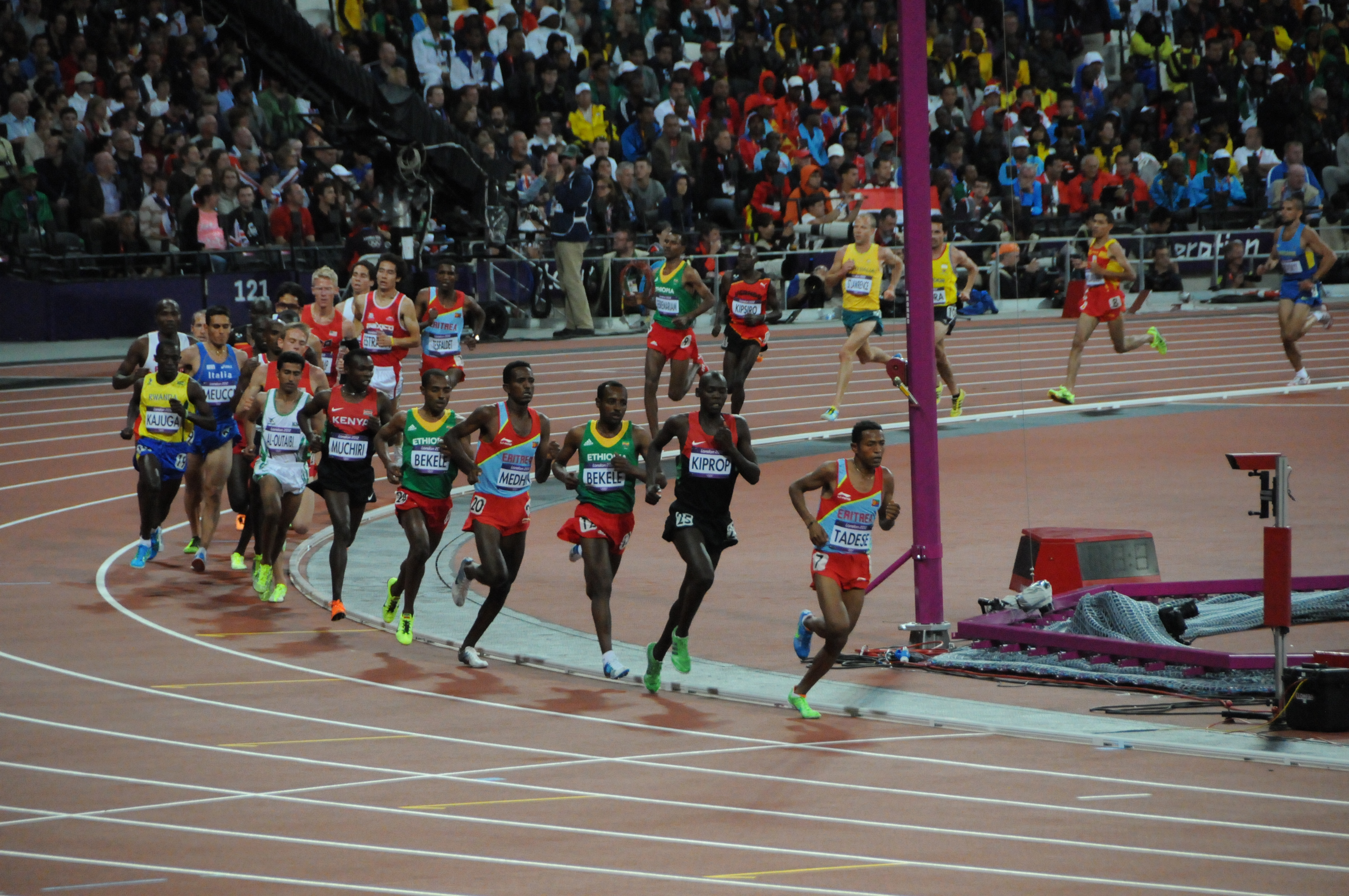
NAIROBI, Kenya—For some Kenyan runners, a doping ban isn’t a total ban.
Benjamin Kiprop Serem bagged 50,000 Indian rupees ($740) for winning the Calicut Mini-Marathon in India on March 1, 2015, midway through his two-year ban for using the steroid nandrolone at the Beirut Marathon in 2013.
Bernard Mwendia Muthoni placed sixth in the Melaka River International Marathon in Malaysia last December, even though his two-year ban for a nandrolone byproduct runs to Nov. 15 this year.
That banned runners can compete speaks to loose policing of Kenya’s offshore running industry. Kenya’s athletics federation says it has 4,000 athletes registered in its database and concedes that it struggles to keep close track of runners who compete, and often train and live, overseas.
Before he was suspended in February following allegations that he solicited bribes from two athletes, Athletics Kenya CEO Isaac Mwangi said in an Associated Press interview that tracking down Kenyan runners who have tested positive abroad sometimes proves impossible. Many of the Kenyans caught doping weren’t registered with the federation, Mwangi said. Often, Athletics Kenya only became aware of them when word of their failed tests reached federation headquarters in Nairobi, he said.
“Many of these athletes … are caught in Mexico, some are in China, especially in Macau. Those are areas that are difficult to control,” Mwangi said. “When these athletes go there and get tested and they turn positive, that’s when we get to know who they are. Because we have a lot of athletes running all over the world.”
“Some of them left the country like 10 or so years ago, but they are still competing in different cities in Mexico, Beirut, and other cities,” he said. “The race directors, the managers, they need to be a bit more vigilant.”
Race directors failing to do due diligence are accepting racers even after the International Association of Athletics Federations, the sport’s governing body, has announced doping bans on its website. By the latest AP count, based entirely on cases confirmed by the IAAF, 40 Kenyan runners have been banned for doping violations since the 2012 London Olympics.
The IAAF published Serem’s ban in its doping sanctions newsletter on March 28, 2014, nearly a full year before he raced in India.
The date of birth for Serem provided by the Calicut organizers—April 27, 1987—matched that published by the IAAF. Still, race organizers told AP they didn’t know he was banned.
“We’ll look into it and see what can be done, and also ensure to take care of such cases in the future,” they told AP by email.
Muthoni’s ban, for a positive test in 2013 at a 10-kilometre race in Jakarta, Indonesia, was announced in the Dec. 8, 2015, edition of the IAAF newsletter. He raced the Melaka marathon 12 days later, registering his date of birth as May 29, 1987, Melaka race director Azmar Hamid said. That matches the birthdate published by the IAAF for the Muthoni who is banned.
Hamid told AP that he didn’t check whether competitors were serving doping suspensions. The marathon didn’t conduct drug testing, he said. It offered a top prize of 7,500 Malaysian ringgits ($1,820).
“Many Kenyans came,” Hamid said. “We registered them all.”
Under World Anti-Doping Agency rules, banned athletes who continue to compete at sanctioned or government-funded events can have their suspensions extended.
Calicut organizers said that even though Indian athletics officials officiated at their 10K, they don’t believe their race falls under WADA’s rules.
“However, had we known Mr. Kiprop (Serem) had been banned, on doping grounds, we would’ve not allowed him to take part,” they wrote to AP.
The Melaka race is organized by the local state government and city council, with help from Malaysia’s athletics federation and the Malaysian tourism board among its sponsors, said Mohamad Fairuz Abdul Karim, another of the race organizers.
At other races, doping sanctions were announced too late for organizers to act.
Lilian Mariita competed for months in U.S. road races while provisionally suspended for doping. Athletics Kenya told her in an April 8, 2015, email to her agent that she tested positive for the banned endurance-boosting hormone EPO and should no longer compete.
But not until December was her definitive ban—since extended to eight years for a second failed drugs test—published in the IAAF newsletter or on its regularly updated list of suspended athletes.
Three days after the Athletics Kenya suspension, Mariita lined up at a half-marathon in St Louis, Missouri, and won $1,500 for first place.
“That’s disgraceful,” race organizer Nancy Lieberman told AP. “She’s obviously not going to give the money back.”